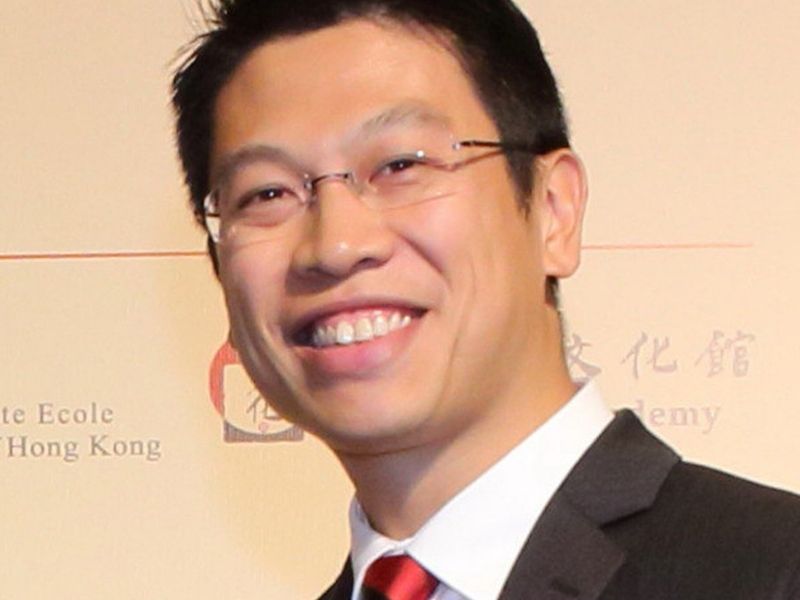– Dipta Joshi
The Yidan Prize Foundation (estd.2016) was launched to promote educational philanthropy and provide the global community a platform to engage in conversations around education. Established by Dr. Charles Chen Yidan, philanthropist and co-founder of the Chinese internet company ‘Tencent’ (USD 55.75 billion revenue in 2019), the Prize comprises two categories – the Yidan Prize for Education Research and the Yidan Prize for Education Development. With the foundation gearing up to announce the 2020 Yidan Prize Laureates on September 23, Edward Ma, Secretary-General, Yidan Prize Foundation shares his views on education in the Indian context.
How successful has the Yidan Prize Foundation been in providing a global platform for dialogue on education?
The Yidan Prize Foundation recognizes outstanding work of researchers and practitioners shaping our understanding of how to improve education outcomes through psychology, technology, early childhood development and new approaches to teaching and learning.
I am pleased to see that our laureates can take their works to the next level with the support of the Yidan Prize Foundation. For example, Anant Agarwal, founder of edX and the Yidan Prize for Education Development 2018 laureate launched edX’s MicroBachelors programs in January 2020. With funding support from the Yidan Prize Foundation, edX can now leverage the MicroBachelors programs to provide online undergraduate-level credentials which will transform the future of work and higher education.
Since the establishment of the Prize, the foundation has sponsored conferences at universities around the world. As recently as September 16, we held the Yidan Prize Asia-Pacific Annual Conference in partnership with the Centre for Asian Philanthropy and Society (CAPS). The virtual conference discussed ‘What will education look like in a post-pandemic world?’
What is your view of India’s current education system and the interventions needed for improvement?
The outcomes of an intervention in education depend on many contextual factors. The challenge is to identify projects that work within the Indian context, or indeed, many Indian contexts. This requires introducing new ideas or practices, measurement, analysis and iterative improvement. India has committed, through Sustainable Development Goal 4 (SDG 4), to providing inclusive and equitable quality education and lifelong learning. The Yidan Prize Foundation shares this goal and our hope is that the Laureates’ works will inspire innovation and progress in reaching it.
Based on your cross-border experiences of the educational ecosystem, what is the biggest barrier for digital learning in India?
Technology offers a wealth of opportunities to support education by bringing new resources for students, teachers, administrators and families. Access however, is a real issue, especially for poor or otherwise disadvantaged people. Access remains limited in many ways, for example by ICT infrastructure, hardware, cost, language, or availability of locally relevant materials.
I would also point out the importance of good teachers since technology cannot replace teachers. It can only help him or her do a better job. Human interaction is an essential part of the educational process.
How can education development in India benefit from the Yidan Prize Foundation?
The Yidan Prize Foundation seeks to build a better world through education. We hope that by recognizing excellence, research and practice, we will inspire innovation and a collective commitment to improvement. India will always be an important partner with its immense capacity for innovation and large-scale education system. Since the establishment of the Yidan Prize Foundation in 2016, we have been building a global knowledge network to make progressive change in education by encouraging and inspiring ideas. We look forward to receiving more nominations from India to share and learn about the transformative and innovative ideas that are already making a positive impact in India with the world. The 2021 nominations will be opened next month, (October 1, 2020 – March 31, 2021).
